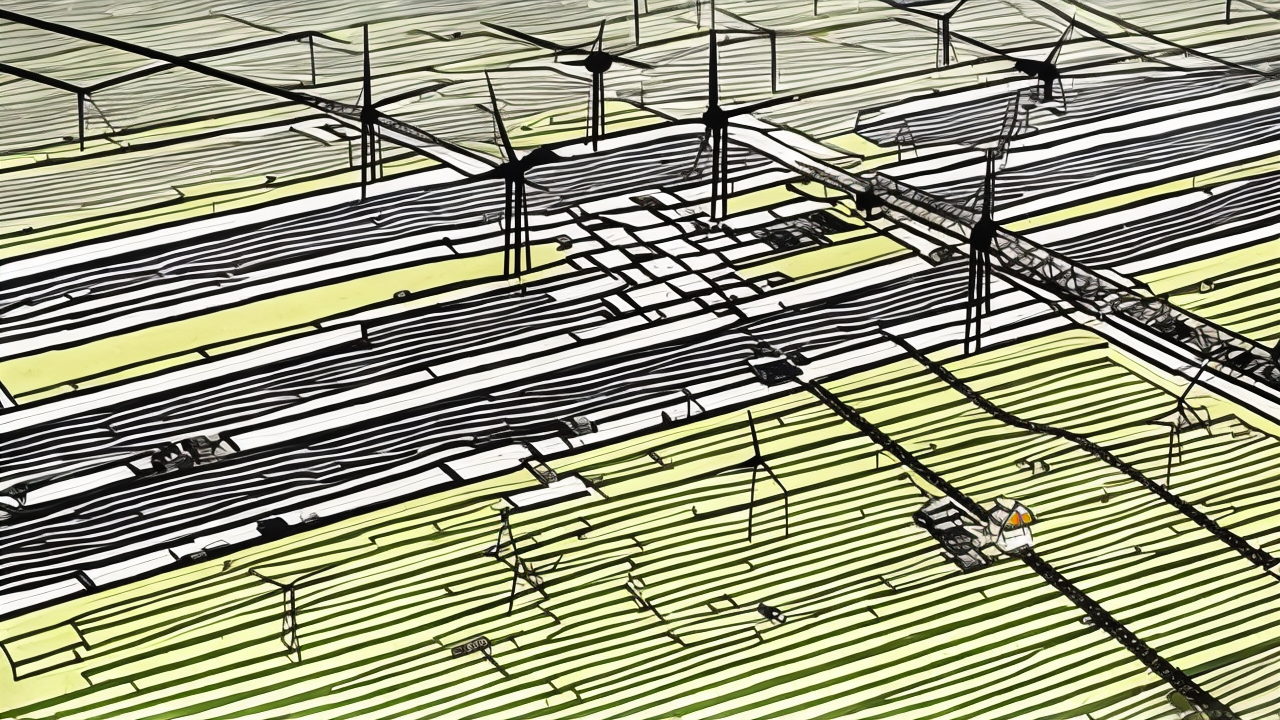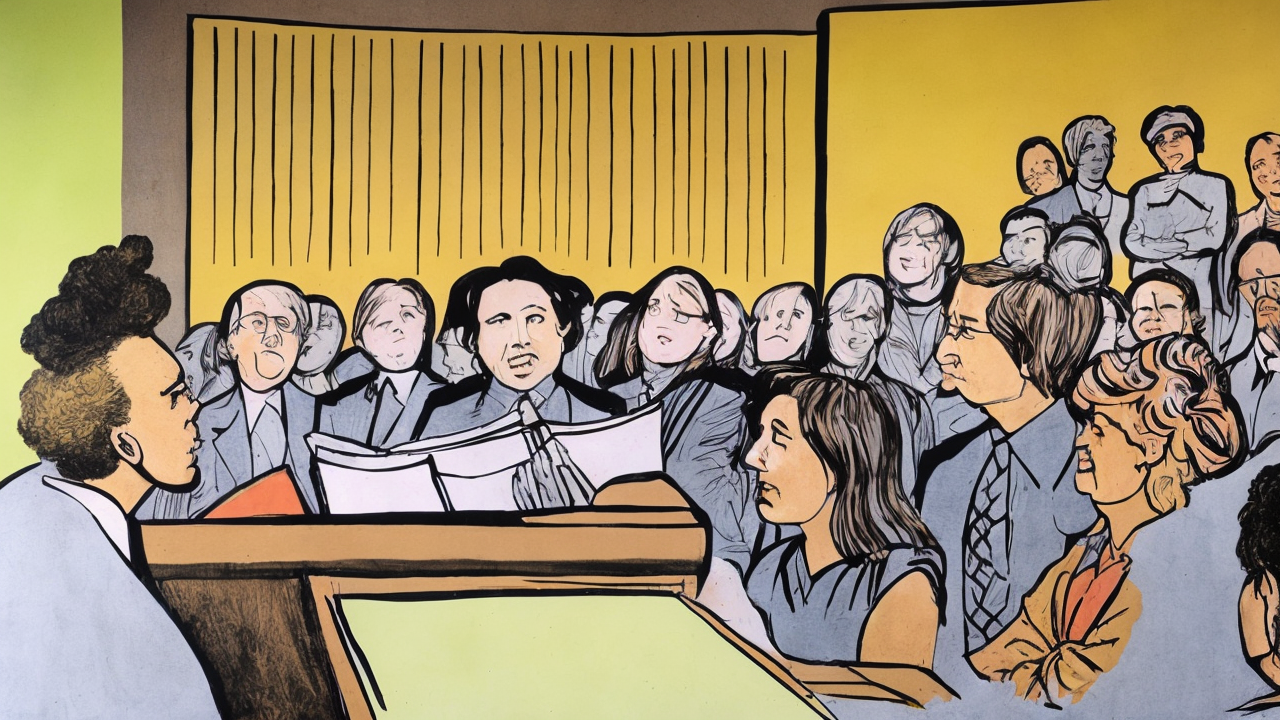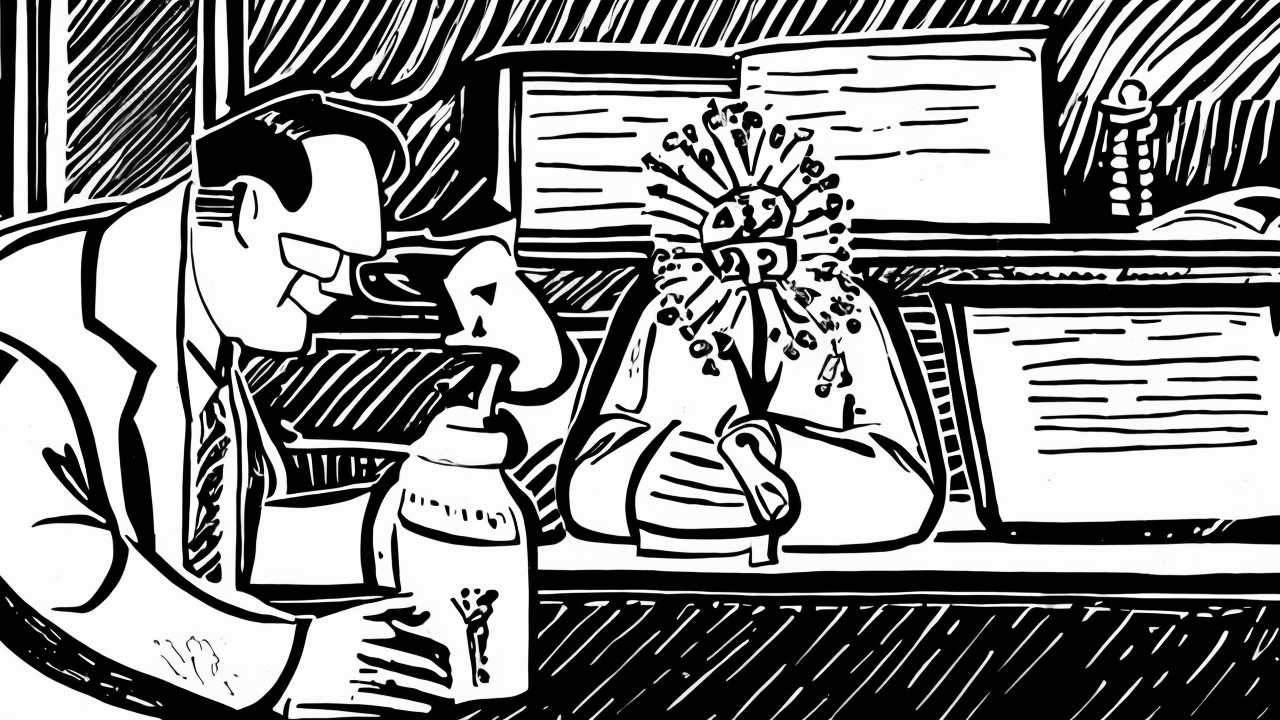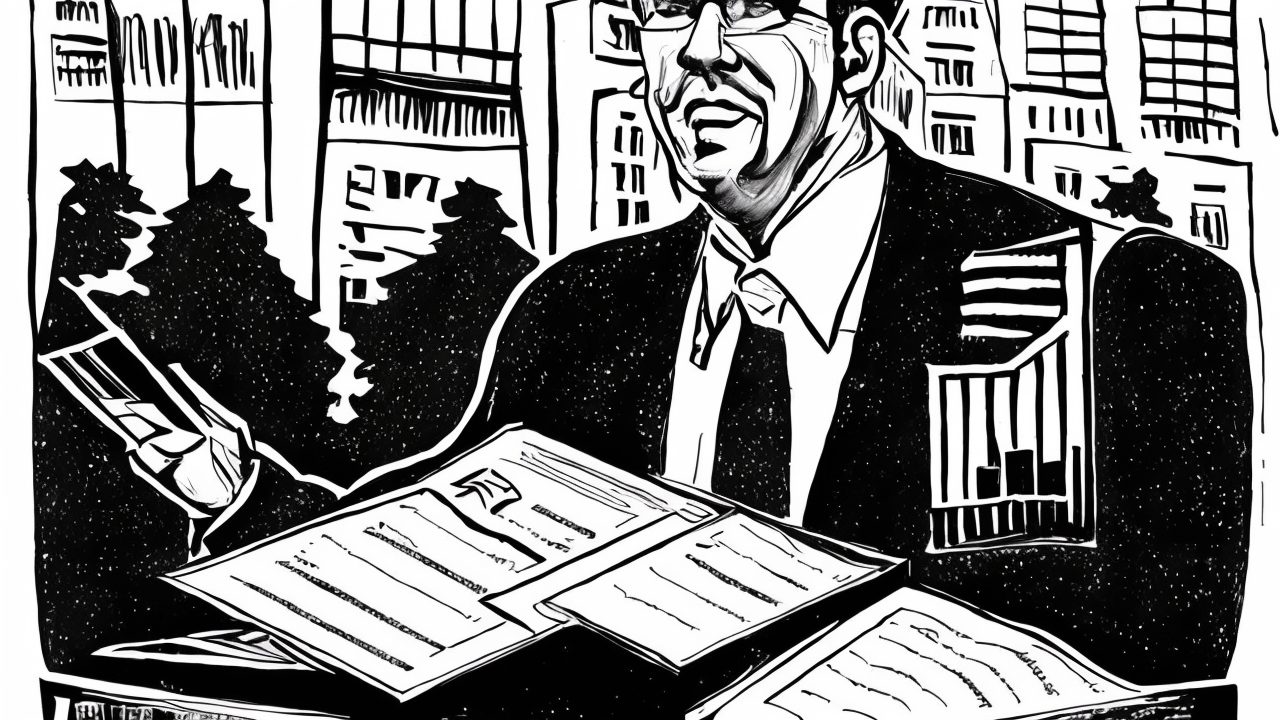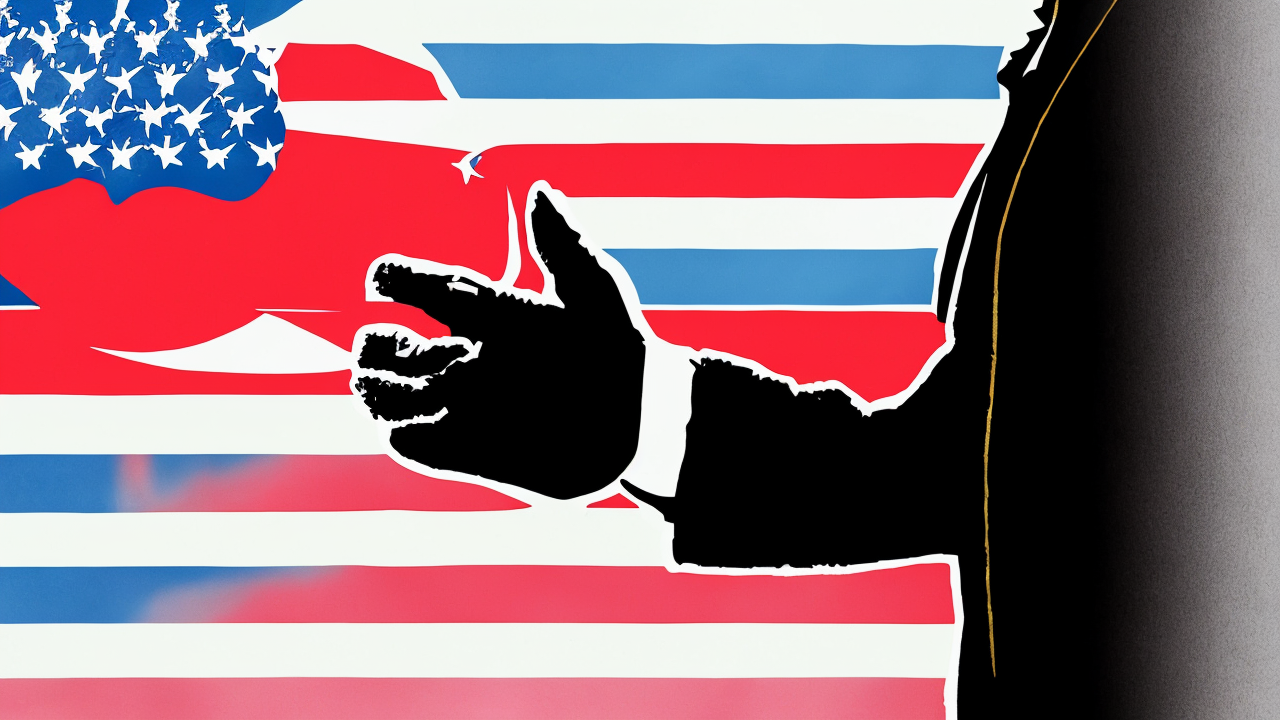The Left's Descent into Madness: Electoral Suicide or Moral Collapse?
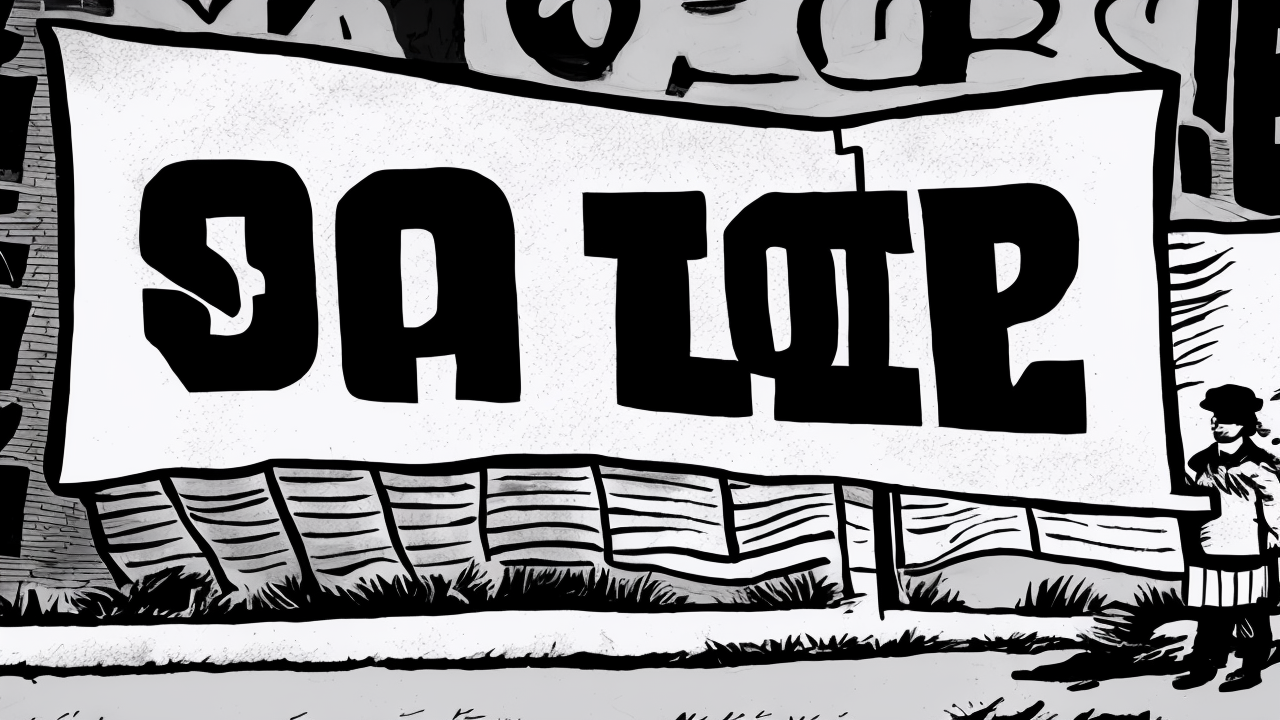
In recent years, American public life has undergone a troubling transformation. It is no longer defined by robust debate or respectful dialogue. Instead, it is marked by deepening division and a growing disregard for shared norms. While political disagreement has always been part of our democratic tradition, the current climate reflects something more serious—a moral decline that threatens the foundational values of our nation.
These values include respect for the rule of law, the dignity of every human life, and a commitment to the common good. When these principles are abandoned, democracy itself begins to fray.
Since the mid-2010s, protests and demonstrations have increasingly turned violent. Acts of property destruction, personal attacks, and intimidation have become too common to ignore. In Massachusetts, a minor associated with radical groups attacked a Trump supporter with a knife. In Florida, a 73-year-old woman was knocked unconscious during a protest. These are not isolated incidents. They are signs of a broader cultural breakdown—one where civility is replaced by hostility and accountability is replaced by outrage.
The response from political leaders has been inconsistent. Some have condemned violence, but many have remained silent or downplayed the seriousness of these events. When leaders fail to speak clearly against violence, they send a message that such behavior is acceptable. This silence undermines public trust and weakens the social contract that holds communities together.
This erosion of moral standards is not limited to street-level unrest. It extends into the media and policymaking arenas. Public figures who once served as voices of reason now use inflammatory language that dehumanizes opponents. They speak in slogans rather than solutions, turning political disagreements into personal vendettas.
Consider the approval of license plates bearing the phrase “86Trmp”—a coded call for violence against a political leader. This is not a harmless expression of opinion. It is a dangerous endorsement of eliminationist rhetoric. When such symbols are normalized, they signal that violence is not only acceptable but expected in political life.
Even in the wake of national tragedies, the tone of public discourse has shifted. After the assassination of Charlie Kirk, a disturbing scene unfolded at his memorial. One protester screamed threats at a grieving mother holding a child. Others called for public executions. These are not the words of a healthy democracy. They reflect a mindset rooted in revolution, not reform.
Meanwhile, governance has suffered under the weight of ideological extremism. California’s response to the deadly wildfires—where 30 lives were lost, including 12 seniors—reveals a pattern of poor planning, delayed action, and mismanagement. When political ideology overrides practical governance, the cost is not theoretical. It is measured in lives lost and families shattered.
The data supports this concern. Independent voters and moderates are increasingly distancing themselves from the Democratic Party. They are not rejecting social progress. They are rejecting the idea that progress must come at the cost of competence, stability, and shared values. On core issues like the economy, public safety, and immigration, Americans across the political spectrum agree on the need for effective, responsible leadership.
But when political rhetoric grows more extreme and policies become more radical, trust in institutions erodes. People begin to doubt whether their government can protect them or deliver on promises. This loss of confidence is not just political—it is spiritual.
A society that forgets its shared responsibilities risks losing its soul. When we begin to see our fellow citizens as enemies rather than neighbors, we undermine the very idea of community. The American experiment was never meant to be a zero-sum game. It was built on the belief that, despite our differences, we can live together in mutual respect and common purpose.
Conservatives do not claim to have all the answers. But they do advocate for a return to enduring principles: the sanctity of life, the rule of law, the dignity of every individual, and the importance of strong communities. These are not partisan ideals. They are timeless values that have long sustained our republic.
The path forward is not one of division, but of renewal. It requires leaders who lead with courage, integrity, and humility. It demands a citizenry that values truth over tribalism, mercy over vengeance, and unity over hatred.
The left’s descent into moral confusion is not inevitable. It can be reversed—but only if we collectively reclaim our commitment to the common good. We must remember that democracy is not just a system of government. It is a covenant of care. And when we honor that covenant, we honor ourselves.
Published: 9/24/2025

